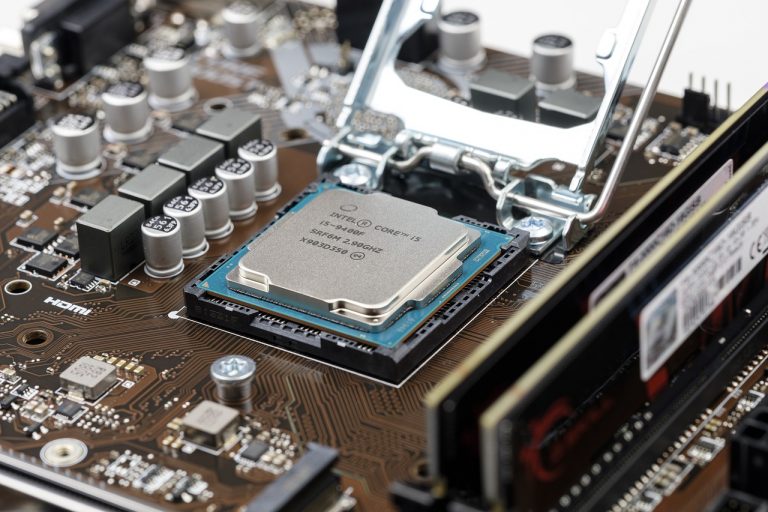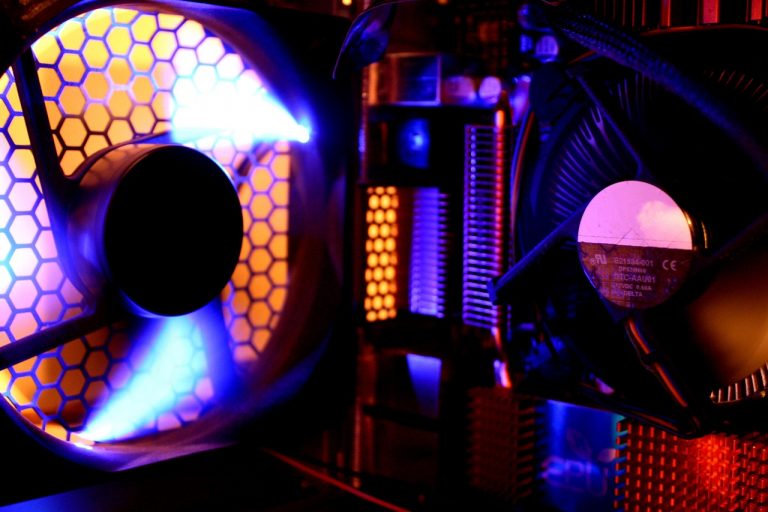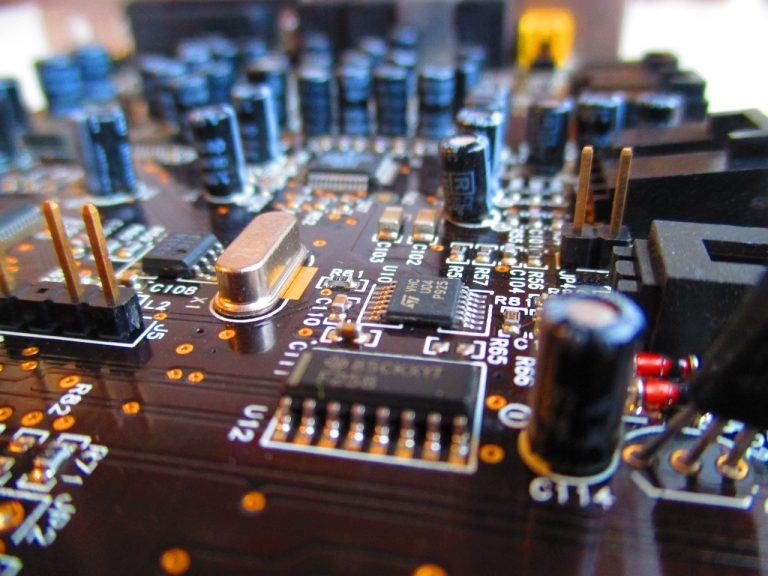Introduction
Building the perfect PC is akin to constructing a masterpiece, and at its core lies the motherboard, the unsung hero that determines the success of your computing endeavor. In this guide, we delve into the intricacies of motherboard selection, unraveling the magic behind choosing the right foundation for your PC.
Understanding Motherboards
Basic Components
Your motherboard is more than a mere circuit board; it’s the central hub connecting all your components. Learn about the fundamental elements that make up this critical part of your system.
Key Specifications
Dive deep into the technical aspects. What do those numbers and letters mean? Understanding key specifications ensures you pick a motherboard that meets your performance needs.
Compatibility Matters
Processor Compatibility
The heart of your PC beats within the processor. Uncover the secrets of choosing a motherboard that syncs seamlessly with your chosen CPU.
RAM Compatibility
Random Access Memory (RAM) is the short-term memory of your system. Find out how to ensure your motherboard is in harmony with your RAM requirements.

Form Factors
Size matters when it comes to motherboards. Explore the various form factors – ATX, Micro-ATX, and Mini-ITX – and how they impact your PC build.
Expansion Slots and Ports
PCIe Slots
Expandability is crucial. Learn about PCIe slots and how they can accommodate graphics cards, storage, and other add-ons.
USB Ports
In the age of connectivity, the number and type of USB ports matter. Discover why having the right ports can make your life easier.
Power Delivery and Cooling
Voltage Regulators
Stability is key. Uncover the role of voltage regulators in maintaining a steady power supply to your components.
Cooling Solutions
Overheating is the enemy. Explore the various cooling options available on motherboards and how they impact system performance.
BIOS and UEFI
Importance of Firmware
The BIOS or UEFI might seem like a distant cousin, but they play a vital role. Understand the significance of firmware in your PC’s operation.
Networking Capabilities
Ethernet
In a world reliant on high-speed internet, your motherboard’s Ethernet capabilities matter. Learn how to choose a motherboard that keeps you connected.
Wi-Fi
Cut the cords! Discover the factors influencing a motherboard’s Wi-Fi capabilities for a wireless computing experience.
Audio Quality
Onboard Audio Considerations
Don’t underestimate the importance of good audio. Delve into the intricacies of onboard audio and how it can enhance your multimedia experience.
Brand Considerations
Trusted Manufacturers
Not all motherboards are created equal. Identify reputable manufacturers and why their track record matters in your decision-making process.
Future-Proofing Your Build
Upgradability
The world of technology evolves rapidly. Ensure your motherboard choice allows for future upgrades, keeping your PC relevant in the years to come.
Budget Constraints
Finding the Right Balance
Budget often dictates choices. Learn how to strike the perfect balance between performance and affordability when selecting a motherboard.

User Reviews
Online Communities
Harness the power of collective wisdom. Explore how user reviews and online communities can guide your decision-making process.
Warranty and Support
Manufacturer Policies
What happens when things go wrong? Investigate the warranty and support policies of motherboard manufacturers to secure your investment.
Conclusion
In the labyrinth of PC components, the motherboard stands tall as the linchpin. As you embark on your PC-building journey, armed with the knowledge in this guide, you’re better equipped to make an informed decision. Choose wisely, and let your motherboard lay the robust foundation for your computing masterpiece.
FAQs
- Q: Can I use any motherboard with any processor?
- A: While not always the case, ensuring compatibility between your motherboard and processor is crucial for optimal performance. Check the manufacturer’s specifications for compatibility details.
- Q: How many PCIe slots do I need?
- A: The number of PCIe slots depends on your intended use. Gamers and content creators may require more for graphics cards and other expansion cards, while general users can make do with fewer.
- Q: Does brand loyalty matter when choosing a motherboard?
- A: Yes, reputable manufacturers often produce more reliable motherboards. However, always consider individual product reviews and specifications rather than blindly following brand loyalty.
- Q: Are Mini-ITX motherboards less powerful than ATX?
- A: Not necessarily. The form factor mainly determines size, not power. However, smaller form factors may have fewer expansion slots, so consider your specific needs.
- Q: What should I prioritize, onboard audio or a dedicated sound card?
- A: For most users, quality onboard audio suffices. Audiophiles or those with specific audio needs may opt for a dedicated sound card for enhanced performance.













+ There are no comments
Add yours